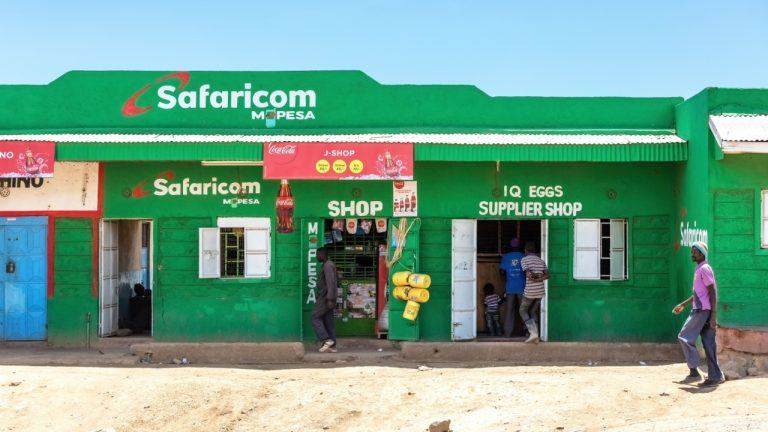
The U.K.-based mining firm's announcement comes amid the country's Financial Conduct Authority cracking down on crypto exchanges.
Galaxy Digital has issued a $20 million loan to U.K.-based crypto mining company Argo Blockchain for building a data center in West Texas.
In a Tuesday announcement from Argo, the firm said it had secured £14 million — roughly $19.4 million at time of publication — in a six-month loan agreement from Galaxy Digital using a portion of its Bitcoin (BTC) holdings as collateral. According to Argo, the proceeds of the loans as well as cash raised from previous funding rounds would be used to expand its mining operations in Texas and meet current operating costs.
“This agreement allows Argo to secure competitive terms on a loan facility while also allowing us to continue to HODL our Bitcoin,” said Argo CEO Peter Wall.
Because the loan is partially backed by BTC, Argo could benefit by HODLing its crypto and seeing if the price will increase by the time the loan is due in December. Wall told Cointelegraph in March he receives his salary from Argo entirely in Bitcoin, and as of the end of May, the company reported it held 1108 BTC — more than $40 million — having mined 716 coins in 2021.
Based in the United Kingdom, Argo has been preparing to build a data center in West Texas for some time. In March, the firm announced that it had secured a 320-acre plot of land which it planned to use for the construction of a 200-megawatt crypto mining facility. At the time, Wall cited the state’s cheap renewable energy as well as its openness to innovation in new technologies as part of the reason for the move.
Related: Argo Blockchain buys 320-acre land plot in Texas to expand mining operations
Argo’s announcement comes as crypto firms in the United Kingdom are facing seemingly stricter requirements from the country’s Financial Conduct Authority, or FCA. The regulatory body ordered major crypto exchange Binance to halt all regulated activities in the U.K. following a review of its operations. This month, at least 64 crypto and blockchain firms that previously submitted filings for registration with the FCA have withdrawn their applications.




